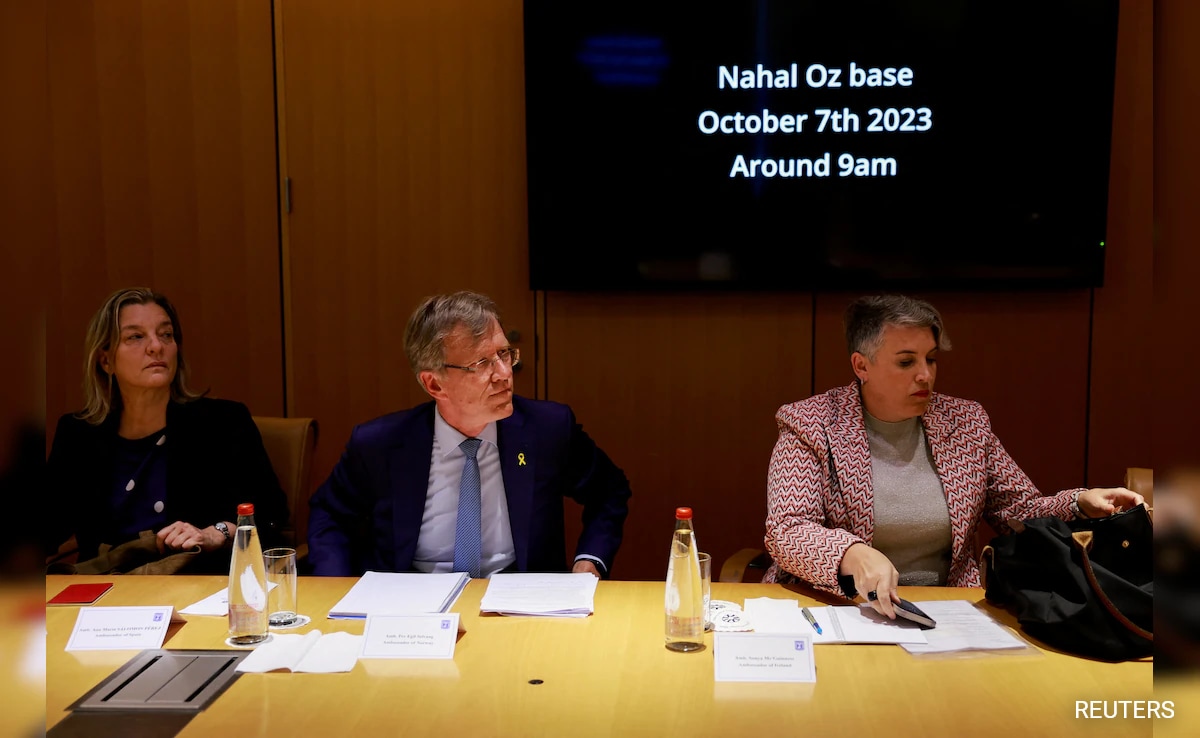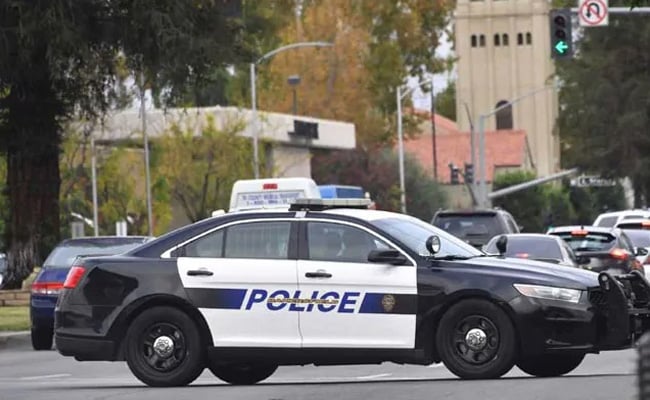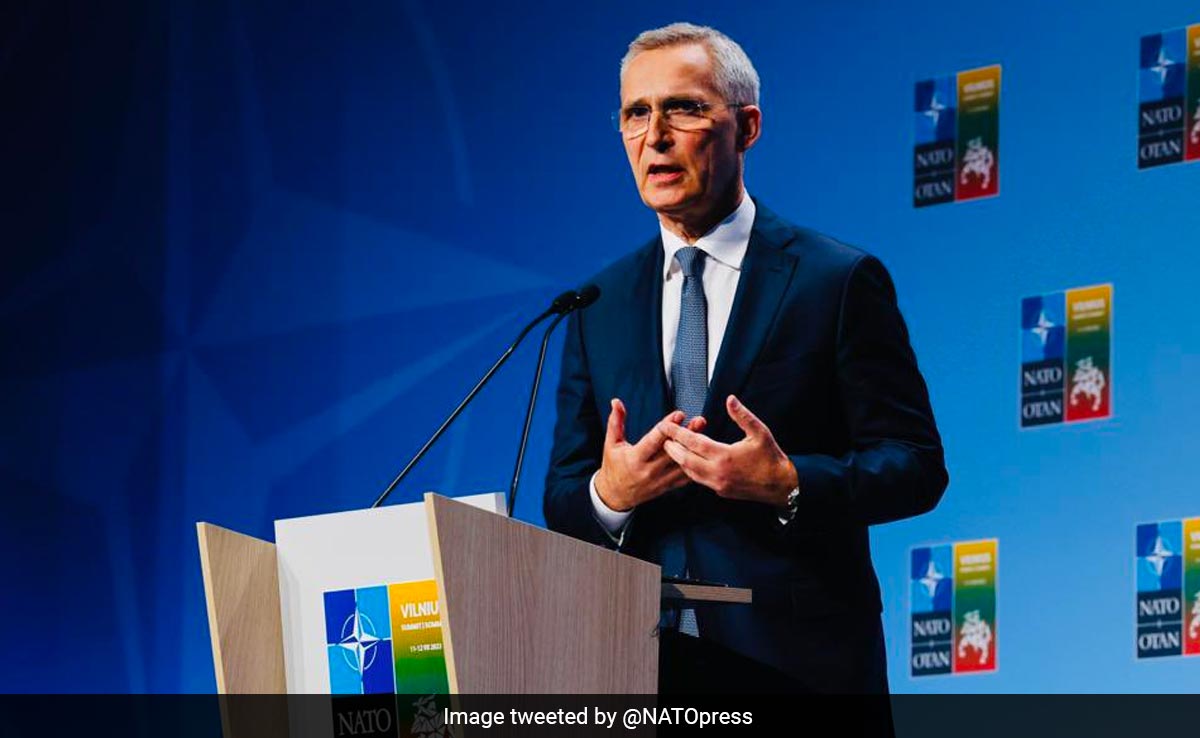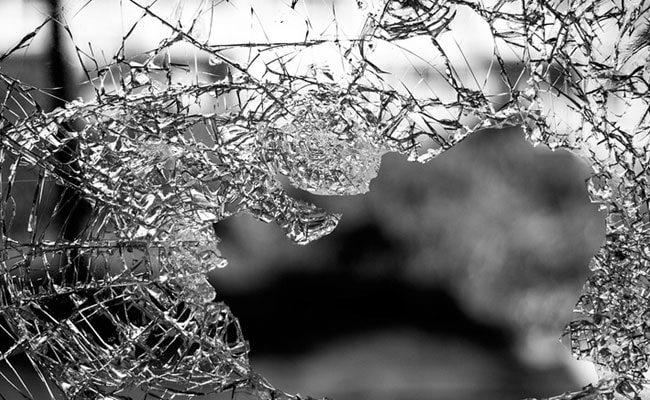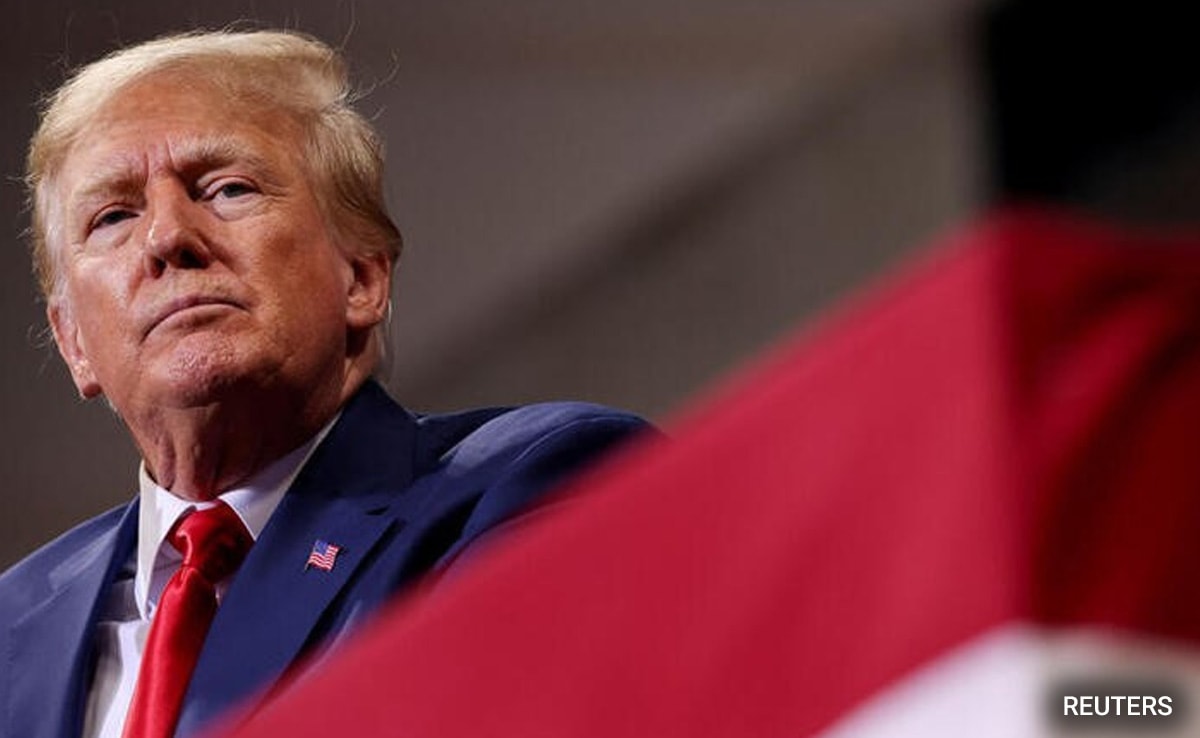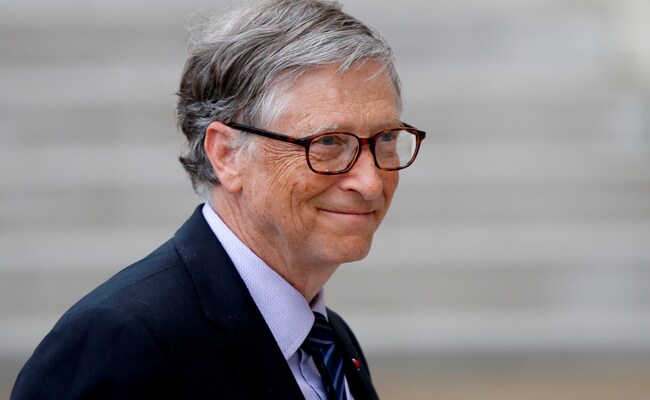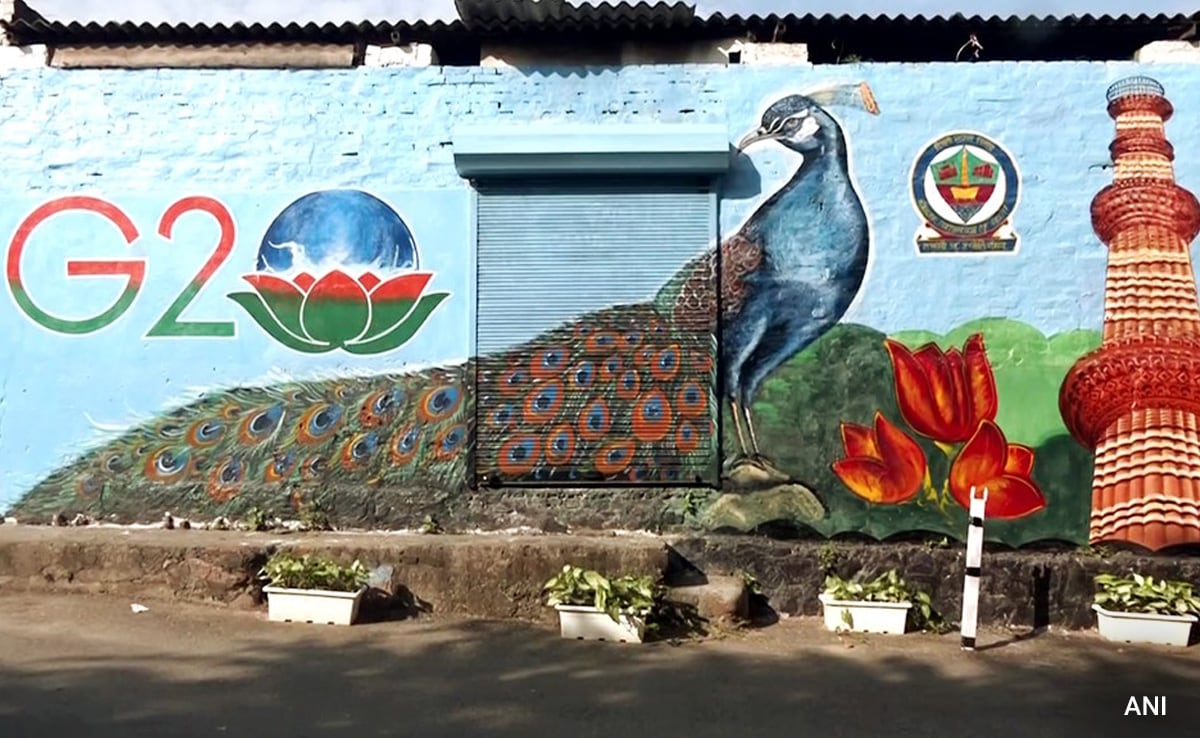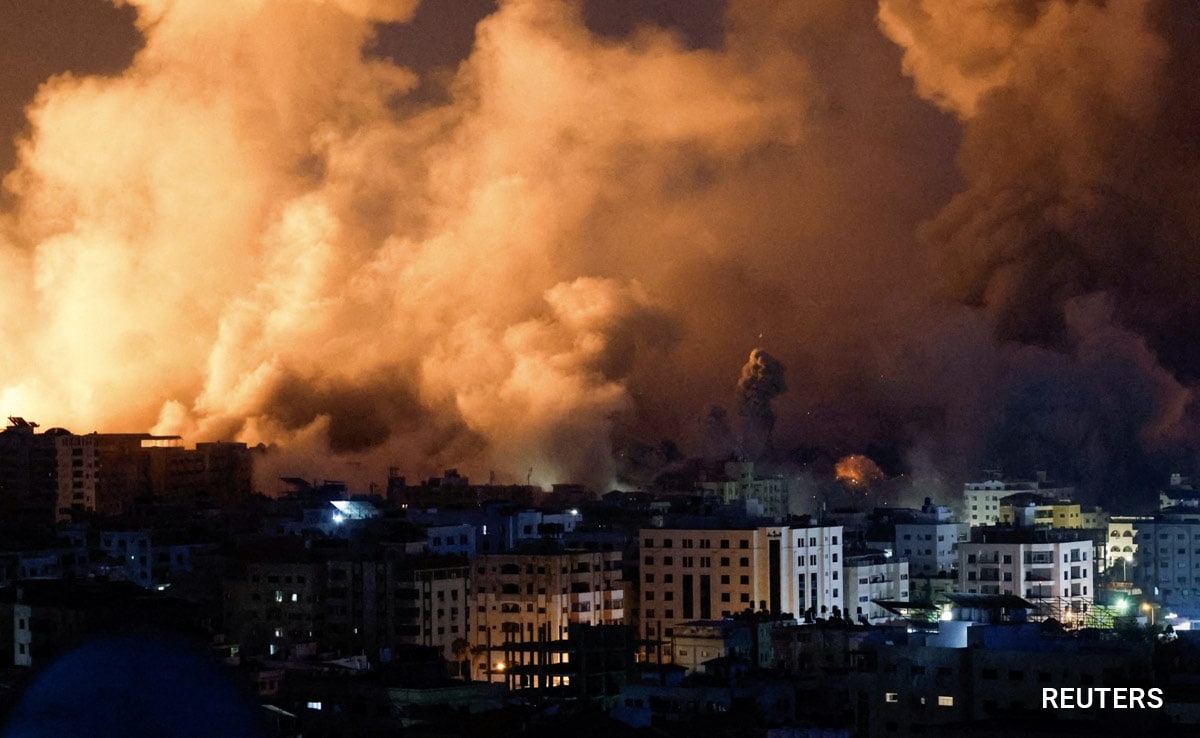Spain, Norway and Ireland spent months lobbying EU members to join them in their announcement. (File)
Spain, Norway and Ireland announced that they will recognise a Palestinian state on May 28 and they urged other European states to follow their lead.
The three countries said they hoped their decision would accelerate efforts towards securing a ceasefire in Israel’s war against Hamas in Gaza, which is now in its eighth month.
Below are some of the key elements related to that decision.
WHAT DID IRELAND, NORWAY SPAIN ANNOUNCE?
The three countries recognised a Palestinian state with its borders to be demarcated as they were prior to 1967, with Jerusalem as the capital of both Israel and Palestine.
However, they also recognised that those borders may change in any eventual talks to reach a final settlement.
Ireland said it would upgrade its representative office in the West Bank to a full embassy and the Palestinian mission in Ireland will also be offered full embassy status.
Irish Prime Minister Simon Harris also stressed that recognising a Palestinian state does not diminish Ireland’s belief in Israel’s right to exist in peace and security – a position that he said was unequivocal.
WHO ELSE HAS RECOGNISED PALESTINE?
About 144 of the 193 member-states of the United Nations recognise Palestine as a state, including most of the global south, Russia, China and India. But only a handful of the 27 European Union members do so, mostly former Communist countries as well as Sweden and Cyprus.
Other states have said they are considering following suit, including Britain, Australia, Malta and Slovenia.
WHY IS THIS SIGNIFICANT?
The decision to recognise Palestinian statehood by three major European nations is mostly symbolic, but it makes Israel appear more isolated on the international stage.
Alon Liel, a former director general of Israel’s foreign ministry, said it may also have an impact on public opinion within Israel as these nations were viewed by many as diplomatic role models.
It could also prove significant if, as the three countries hope, other nations follow in recognising Palestinian statehood.
HOW DID ISRAEL, PALESTINIANS REACT?
Israel reacted angrily and immediately withdrew its ambassadors from the three countries and summoned their representatives in Israel.
Israeli Prime Minister Benjamin Netanyahu said such recognition effectively rewards Hamas, which governs Gaza, for its violence.
The war in Gaza was triggered on Oct. 7 when Hamas militants burst across Israel’s southern border and carried out the bloodiest attack in the country’s 75-year history.
Netanyahu has repeatedly rejected the concept of a “two-state” solution and said such recognition would neither bring peace nor change its resolve to eradicate Hamas.
The Palestinian Authority, which exercises limited self-rule in the West Bank, and Hamas welcomed the recognition by Spain, Norway and Ireland.
WHAT DID THE UNITED STATES SAY?
The United States supports a two-state solution, but says that this is something that can only be achieved through direct dialogue between the two parties and not through the unilateral recognition of a Palestinian state by other nations.
Last month, the United States effectively vetoed an attempt at United Nations recognition of a Palestinian state by denying Palestinians full membership in a vote in the Security Council.
WHAT IS THE POSITION OF OTHER EUROPEAN NATIONS?
Spain, Norway and Ireland spent months lobbying EU members to join them in their announcement, but the issue still divides some of the bloc’s biggest countries.
France said Palestinian statehood is not a “taboo” for Paris, but that now is not the right time. Germany stressed its long-term goal is for a two-state solution, but, like the U.S., said that that could only come through dialogue.
(Except for the headline, this story has not been edited by NDTV staff and is published from a syndicated feed.)
Waiting for response to load…







